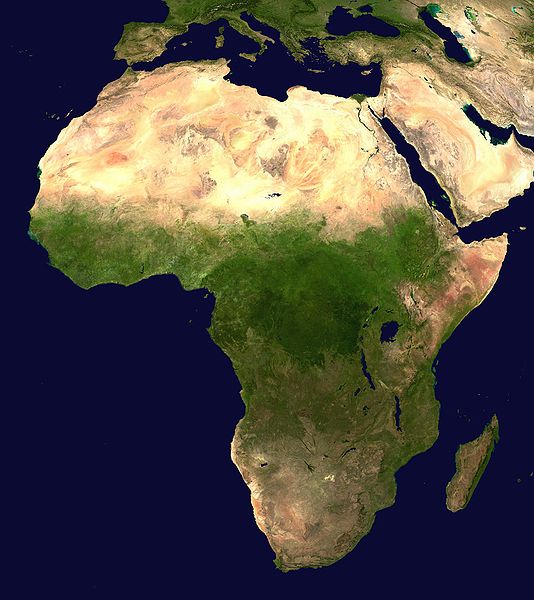
Don’t Ignore Africa: Terrorism in Africa
As stories are coming out showing the slow, but sure, decline of ISIS in the Middle East, I feel obligated to point out a major issue for those who are already claiming victory over the Islamic State.
A continent sized issue, in fact.
Africa.
Six of the top ten most lethal terrorist attacks in 2015 have happened in Africa, and, as of February 19, the United States has started striking against the Islamic State in Libya. This begs the question: why is the international community not focusing more on Africa in regards to terrorism, especially when there are three major factors that should be drawing the world’s attention.
Fragile States and Terrorism
With 14 of the top 20 most fragile states being in Africa, it should be of no surprise that unstable nations like Mali are increasingly becoming the new training grounds for terrorist organizations. As the states are unable to patrol and secure their own sovereign territories, non-state actors are able to slip through the cracks in security. To ignore Africa while it is in this fragile state is to accept that terrorist organizations will move to the region unwatched and unopposed.
ISIS is not just going to disappear into the night after its defeat in the Middle East. They will move to Libya, Chad, Niger, Somalia, or one of the other failing states to set up their new organizations where the international community doesn’t have as much of a reach, and then use that lack of observation to their advantage when planning future strikes.
Ethnic/Religious Divisions and Terrorism
Even more, you thought the Middle East was a diverse cultural region? Africa is as well. Nigeria, the largest economy in Africa, has over 250 accepted ethnic groups within its borders, each with their own history and culture. These ethnic divisions, as have been shown in history, can be manipulated to instigate major conflict.
There are also major religious divisions that need to be highlighted as well, which further complicates matters. The divisions between the Christian and Muslim portions of Nigeria, as well as further divisions between the ethnic Muslim groups in the north, have been major factors in the creation of Boko Haram (which, I might add, has pledged allegiance to ISIS.)
The international community must be involved in promoting stability, political primacy, and a sense of nationalism, because otherwise, terror groups like Boko Haram will take advantage of the ethnic and religious divisions of the region. This doesn’t mean just one more civil war, this means civil wars for generations, because ethnic and religious wars create scars that don’t ever quite heal.
The Global Economy and Terrorism
Africa is now becoming more of an economic necessity to the international economy. With everything from cars to batteries being created from African raw resources, the continent can no longer be ignored as separate from the global economy. In fact, in the United States alone, trade to and from Africa has tripled over the past ten years and U.S. exports to sub-Saharan Africa is now over $21 billion dollars.
It’s not only the United States, either. China, which is moving towards becoming the world’s largest oil consumer, imports 23% of its crude oil from Africa, and, because of its economic ties to the continent, funded the building of the $200 million African Union headquarters. The reality is, if terrorists strike at economic producers in Africa, or, through conquest, become the producers themselves, the reverberations will be felt around the world.
A Quick Review
So, to quickly review, if we pass over Africa as the new home for terror based groups, not only are they able to set up their organizations in failed states and without being watched, they may also use this time to stir up ethnic and religious divisions in the continent. Furthermore, if it all comes down to money, these terror groups may also be able to send waves throughout the world economy by either destroying or controlling access to the world’s raw resources.





